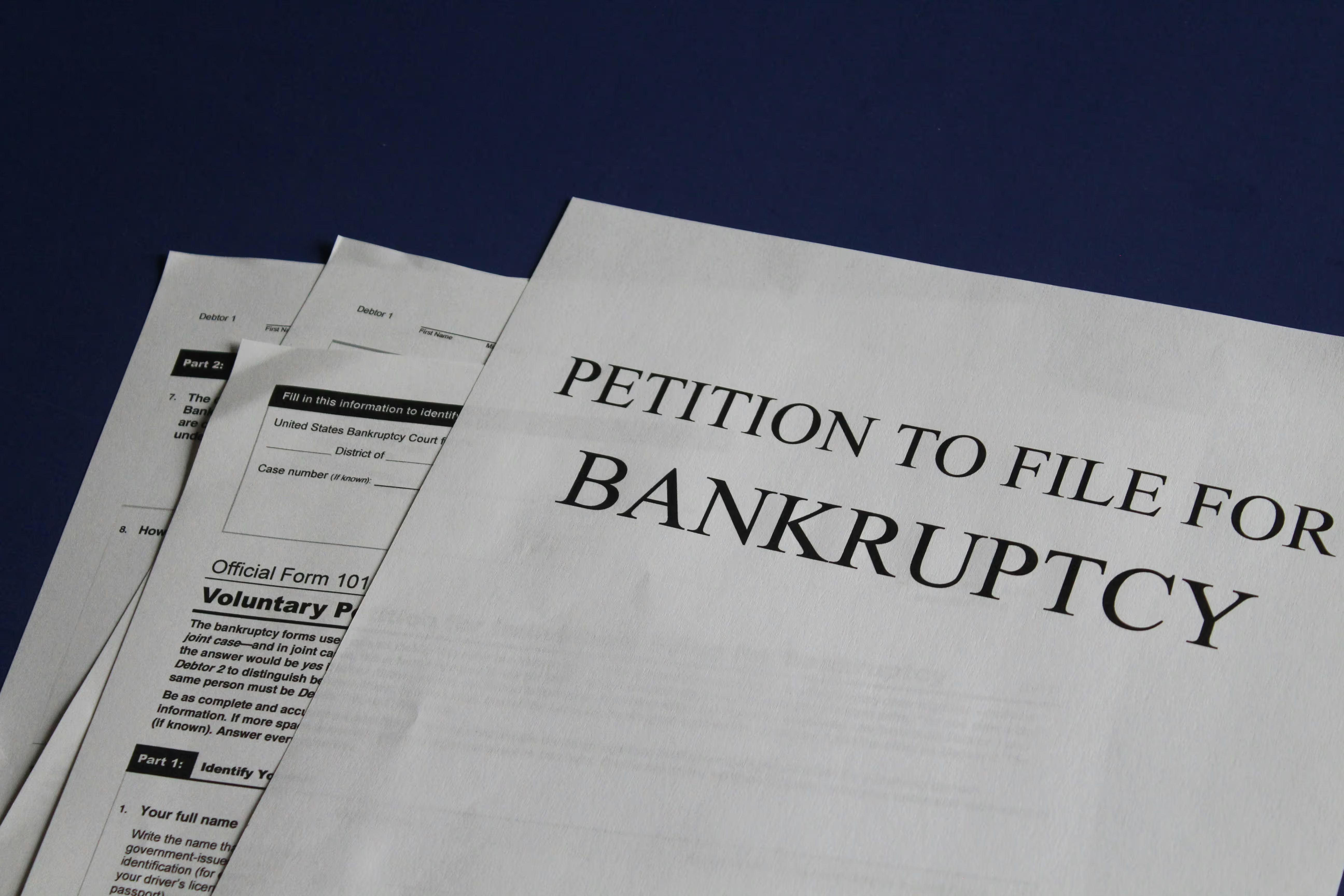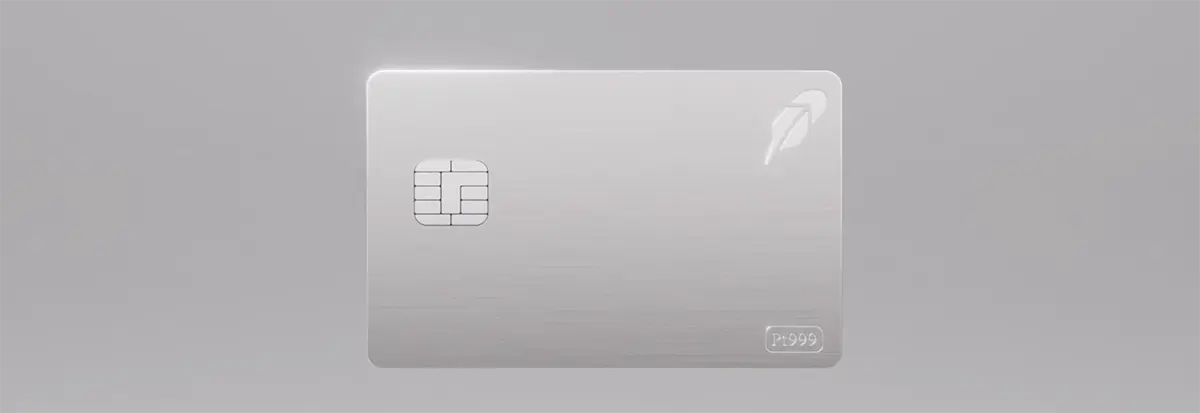
Kudos has partnered with CardRatings and Red Ventures for our coverage of credit card products. Kudos, CardRatings, and Red Ventures may receive a commission from card issuers. Kudos may receive commission from card issuers. Some of the card offers that appear on Kudos are from advertisers and may impact how and where card products appear on the site. Kudos tries to include as many card companies and offers as we are aware of, including offers from issuers that don't pay us, but we may not cover all card companies or all available card offers. You don't have to use our links, but we're grateful when you do!
Does Bankruptcy Affect Your Credit Score?
July 1, 2025


Quick Answers
Filing for bankruptcy will significantly lower your credit score, representing one of the most impactful negative items that can appear on your credit report.
The record of a Chapter 7 bankruptcy remains on your credit report for ten years, while a Chapter 13 stays for up to seven years from the filing date.
Although the initial impact is severe, it is possible to rebuild your credit over time through disciplined financial habits and strategic use of new credit.
What Is Bankruptcy?
Bankruptcy is a legal process available to individuals and businesses who find themselves unable to repay their outstanding debts. It is designed to provide a fresh start by either liquidating assets to pay creditors or establishing a repayment plan. The proceedings are governed by federal law and take place in specialized bankruptcy courts.
Initiating a bankruptcy case is a significant financial event that is recorded on your credit report. This notation will have a substantial impact on your credit score, influencing your future ability to obtain new loans or credit cards. The record of bankruptcy can remain on your credit report for up to ten years, depending on the type you file.
How Bankruptcy Can Impact Your Credit Score
Filing for bankruptcy offers a financial reset, but it has a significant and immediate impact on your credit score. The effect isn't a single event but a multi-stage process that unfolds over time.
- Initial Filing and Public Record: The moment you file, the bankruptcy is noted as a public record on your credit reports. This initial entry is the first major event that signals financial distress to lenders.
- Immediate Credit Score Drop: Following the filing, your credit score will take a substantial hit. The higher your score was before filing, the more points you are likely to lose, often dropping by 100-200 points.
- Account Status Changes: Creditors will update the accounts included in your bankruptcy. These accounts will be marked as "included in bankruptcy" or "discharged," and most will be closed, which negatively impacts your credit history and available credit.
- Long-Term Reporting: The bankruptcy will remain on your credit report for seven to ten years, depending on the type of bankruptcy filed. This long-term negative mark will suppress your score and affect your ability to secure new credit.
How Much Will Bankruptcy Affect Your Credit Score?
How much your credit score will be affected by bankruptcy depends on your unique financial situation. Here are a few key things to consider:
- Your Initial Score: The impact of bankruptcy largely depends on your credit score before filing. A higher initial score will typically see a more significant drop than a score that is already low.
- Type of Bankruptcy: The type of bankruptcy you file also plays a role in the credit score impact. Chapter 7 and Chapter 13 bankruptcies are reported differently and can affect your credit for varying lengths of time.
- Number of Accounts: The number of accounts included in your bankruptcy filing will influence the severity of the credit score drop. Discharging a larger number of debts will have a more substantial negative effect on your credit report.
How You Can Avoid Bankruptcy Affecting Your Credit Score
Debt Management Plans
A debt management plan (DMP) from a credit counseling agency is a strong alternative. This approach consolidates unsecured debts into a single monthly payment, often with lower interest rates. Completing a DMP helps you avoid the severe, long-lasting credit damage of a bankruptcy filing.
Debt Settlement
Consider debt settlement, which involves negotiating with creditors to pay a lump sum that is less than the total amount owed. While this can still negatively affect your credit, the impact is generally less severe and shorter-lived than a formal bankruptcy on your report.
Ways to Improve Your Credit Score
No matter your starting point, it is always possible to improve your credit score through consistent effort and proven methods. Meaningful changes can often be seen within three to six months of positive financial behavior.
- Monitor your credit reports. Regularly obtain your free reports from the three major bureaus—Experian, TransUnion, and Equifax—to check for and dispute any errors.
- Establish automatic payments. Since payment history is the most significant factor in your score, setting up automatic payments ensures you never miss a due date.
- Reduce your credit utilization. Aim to use less than 30% of your available credit by paying down balances or requesting credit limit increases.
- Become an authorized user. Being added to a credit card account with a long history of on-time payments can help build your own credit profile.
- Diversify your credit mix. Lenders like to see that you can responsibly manage different types of credit, such as credit cards and installment loans.
- Limit hard inquiries. Space out your credit applications and use prequalification tools when possible to avoid multiple hard pulls on your report in a short time.
The Bottom Line
Filing for bankruptcy will significantly lower your credit score, but it's not a life sentence. It offers a financial fresh start, and you can begin rebuilding your credit over time.
Frequently Asked Questions
How long does bankruptcy stay on your credit report?
A Chapter 7 bankruptcy remains on your credit report for up to 10 years, while a Chapter 13 filing typically stays for seven years.
Can I rebuild my credit after bankruptcy?
Yes, you can start rebuilding your credit immediately after your bankruptcy is discharged by using credit-builder loans, secured credit cards, and making timely payments.
Will my credit score drop to zero?
No, your score will not drop to zero. While a bankruptcy filing causes a significant drop, the exact impact depends on your credit score before filing.
Unlock your extra benefits when you become a Kudos member

Turn your online shopping into even more rewards

Join over 400,000 members simplifying their finances

Editorial Disclosure: Opinions expressed here are those of Kudos alone, not those of any bank, credit card issuer, hotel, airline, or other entity. This content has not been reviewed, approved or otherwise endorsed by any of the entities included within the post.



































.webp)







